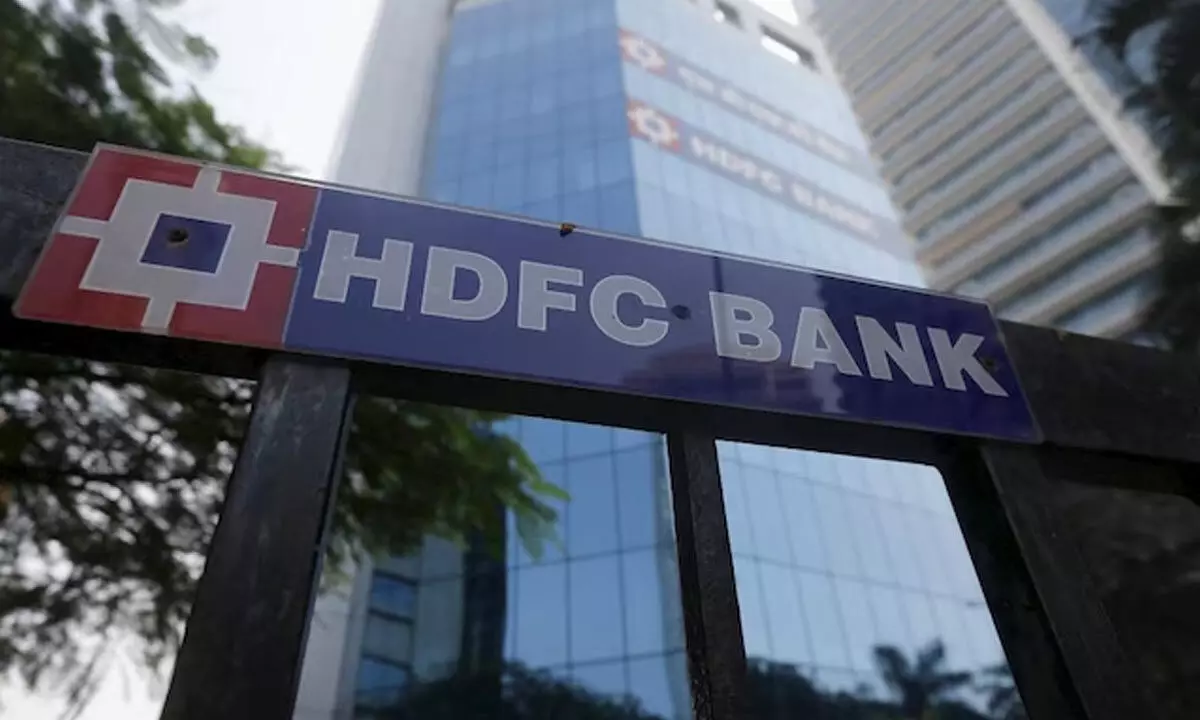HDFC Bank Scam: Fact of 6 lakh HDFC Bank customers' data leak

HDFC Bank
Multiple reports had recently claimed that data of 6 lakh hackers had leaked HDFC customers on the dark web.
Cyber fraud cases in India have been on the rise, and we have heard many stories of people being cheated out of money via the internet or SMS. Multiple reports had recently claimed that the data of 6 lakh HDFC customers got leaked on the dark web. According to a Privacy Affairs report, the hackers allegedly posted the personal information of 6 lakh people on a "popular cybercriminal forum."
The report further mentions that the leaked data included names, email addresses, home addresses, and other sensitive financial data. In addition, the hackers had allegedly created Twitter accounts posing as the bank and responded to user complaints using them. The HDFC bank responded to the report and denied the data breach claims.
HDFC Bank Scam: HDFC responds to data leak claims
HDFC Bank responded to the data leak reports on Twitter and denied the claims. The tweet from his official Twitter account reads, "Hi, we wish to state that there is no data leak at HDFC Bank and our systems have not been breached or accessed in any unauthorised manner. We remain confident of our systems. However, we treat the matter of our customers data security with utmost seriousness, and we continue to monitor bank systems and our ecosystems to ensure highest standards of data security and safety."
HDFC Bank Scam
Many customers have complained about receiving a phishing scam on behalf of HDFC bank. The bank also responded to these complaints on Twitter and asked users to refrain from responding to unknown numbers asking for PAN/KYC card updates or any other banking information.
"Remember, the bank will never ask for PAN details, OTP, UPI VPA / MPIN, Customer ID & Password, Card No, ATM PIN & CVV. Please do not share your confidential details with anyone," HDFC Bank's service manager wrote while responding to a user on Twitter.
Hot to stay safe from bank scams
Anyone with a working phone and SIM card can receive a phishing call or SMS. In most cases, scammers send fake messages posing as banks and ask people for their personal information, such as account details, OTPs, and ID numbers. You must be careful not to respond to these calls and messages. It is recommended to block such numbers immediately so they cannot contact you again. Another step you can take to ensure your security is to maintain strong passwords for your UPI, internet banking, and even mobile phone. You should change your passwords at regular period. You can even add an extra layer of security to all your transactions and enable two-factor authentication for online banking.
















